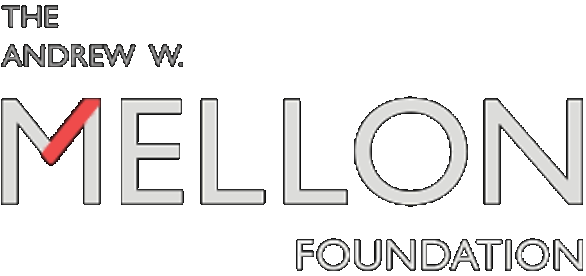Web Scraping
This is the act of extracting data from websites either manually or automatically. The different methods have different pros and cons. Extracting data manually allows for one to gather specific data from a website; however, the extraction is slow and arduous. Extracting data automatically is time efficient; however, the data gathered is not as specific as manual scraping.
Manual scraping
This means a user will manually visit a website, navigate to a specific file, download the file to a specific location and name the file. This process is very time consuming, however still has benefits. It requires little to no coding ability and is unlikely to violate any fair use laws in the context of downloading from publicly stored books. If only certain books are required, manual scraping allows for human filtering which, in cases where the boundaries cannot be easily defined/written in code, can be faster than automatic scraping. For a small set of data, this may be the optimal method considering the amount of people working on a project. However, for a larger set of data, other methods should be used.
Automatic scraping
Automatic scraping involves writing a script to download a series of files. Once written,
this method is much faster than manual scraping, but has some significant drawbacks. While web
scraping is not officially against U.S. law, some may see it as against the fair use policy to
disobey the guidelines set out in a website's robots.txt file. The robots.txt file is a file
that shows what types of robots are allowed to visit a website. Project Gutenberg's robots.txt file
indicates they do not want their website scraped.
One of the main reasons why websites are against scraping as it causes a drain on the server. This means if scraping code is written to download books at intervals this may not create a problem for the website. Still, one should refer to the website's fair use policy and, if possible, contact the host.
Scraping against the terms of a website can have negative repercussions. This could include 'crawler traps' hidden in the website so that algorithms get caught out when trying to scrape. There may also be an IP blocker, which prevents a certain IP from accessing the website. This would be a large problem as we wouldn't be able to do any scraping (including manual scraping) if this were to occur.
Our Solution
One way to over come this issue is to use mirrors. Mirrors are static copies of the website stored elsewhere. Websites provide these to allow scraping without draining the main websites resources. Project Gutenberg has a number of mirrors, from which we chose the Aleph mirror. Gutenberg also provides a how-to on mirroring from their website, including a recommendation to use rsync.
When we first used rsync, we predicted the file size too small. There were many more files on the server than we originally accounted for, such as images, sound files, and multiple copies of the same book in different file formats. Even if we got rid of all the wrong file formats, we would still have to deal with all the files that do not fulfill the project's requirements for processing. In the end we chose to filter out incorrect file types in our original rsync, then using metadata to filter the files even further.



